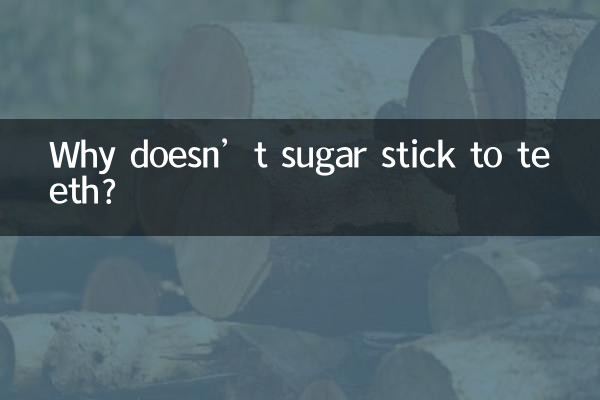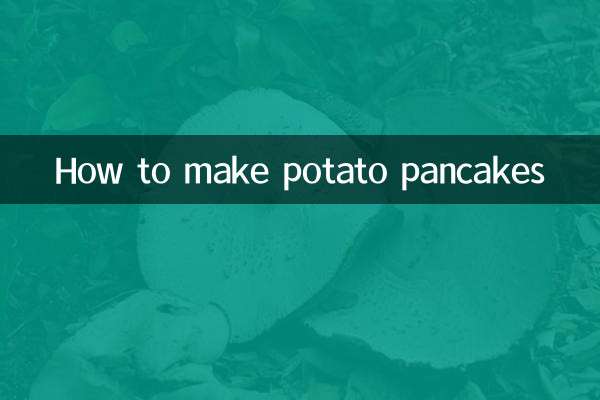Why doesn’t sugar stick to teeth?
In recent years, with the popularization of healthy eating concepts, people have become more and more cautious about sugar intake. Especially sugar that sticks to teeth not only affects the taste, but may also pose a threat to dental health. So, how can sugar not stick to teeth? This article will analyze this issue for you from a hot topic and scientific perspective.
1. Hot topics and content on the entire network in the past 10 days

The following are the hot topics and data related to sugar and health in the past 10 days:
| hot topics | Search volume (10,000 times) | Main discussion points |
|---|---|---|
| sugar free food | 120 | Are sugar-free foods really healthy? |
| Sugar substitute | 95 | Types and safety of sugar substitutes |
| The dangers of gummy gums | 80 | The effect of gummy candy on teeth |
| low sugar diet | 75 | Benefits and methods of low-sugar diet |
2. Why does sugar stick to teeth?
The main reason why sugar sticks to teeth is due to its composition and physical properties. Ordinary sugar (such as sucrose) combines with saliva in the mouth to form a sticky substance that easily adheres to the tooth surface. In addition, some sugars (such as maltose) have high viscosity and are more likely to stick to teeth.
3. How to prevent sugar from sticking to teeth?
Here are a few ways to keep sugar from sticking to your teeth:
| method | Principle | Effect |
|---|---|---|
| Use sugar substitutes | Sugar substitutes (such as erythritol) are less likely to react with saliva | Reduce tooth sticking |
| Add anti-sticking agent | Add a small amount of starch or cellulose to sugar | Reduce the stickiness of sugar |
| Choose low-viscosity sugar | If sugar, glucose | Less sticky |
| Control the humidity of sugar | Dry sugar is less likely to stick to teeth | Reduce adhesion |
4. Selection and safety of sugar substitutes
Sugar substitutes have become a popular sugar substitute in recent years. The following is a comparison of common sugar substitutes:
| Types of sugar substitutes | Sweetness (relative to sucrose) | security |
|---|---|---|
| Erythritol | 0.7 times | Safe and heat-free |
| Aspartame | 200 times | More controversial |
| Stevia | 300 times | Natural and safe |
| xylitol | 1x | safety, mouthguard |
5. Suggestions on eating healthy sugar
1.Control sugar intake: Whether it is regular sugar or sugar substitutes, excessive intake may be detrimental to health.
2.Choose low-viscosity sugar: Fructose, glucose, etc. have lower viscosity and are more suitable for daily consumption.
3.Pay attention to oral hygiene: Rinse your mouth or brush your teeth promptly after eating sugar to reduce the damage caused by sugar to your teeth.
4.Try sugar substitutes: Sugar substitutes can be used as substitutes for ordinary sugar, but care should be taken to choose safe types.
6. Conclusion
Why doesn't sugar stick to teeth? The key is to choose low-viscosity sugar or sugar substitutes and pay attention to how you consume them. Through scientific methods, we can enjoy sweets while protecting dental health. I hope this article provides you with useful information!

check the details

check the details